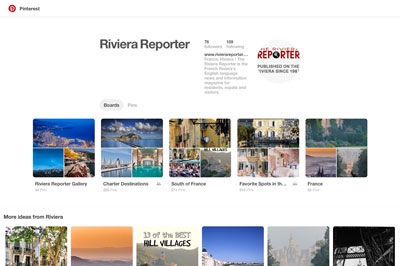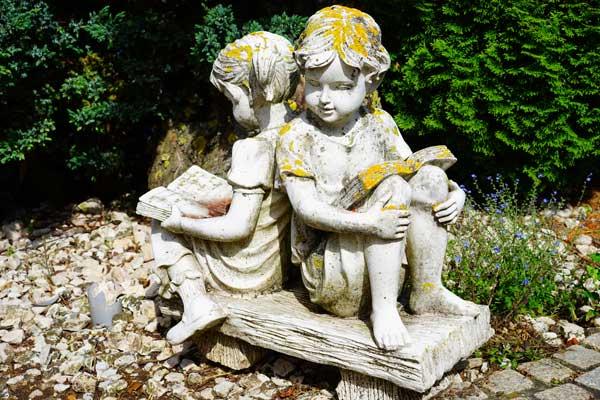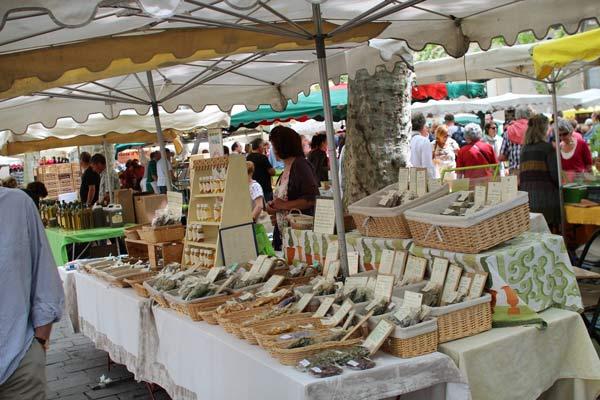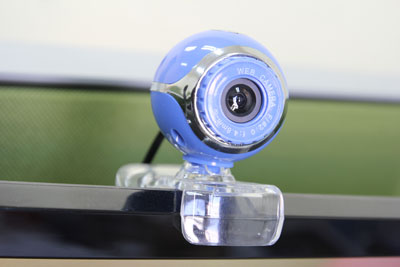Just how many English speakers live on the Riviera.
It figures! When veteran economic journalist Jean-Pierre Largillet called me in October about a piece he was doing for Nice-Matin on the Riviera’s resident foreign communities he immediately got on to the subject of demographics. Jean-Pierre had just been told by Riviera Radio that the anglophone population was “about 200,000”. Apart from the fact that this is ten times the officially recognised figure, it’s obvious to even a casual observer that 10% of Côte d’Azur residents are not native anglophones.
When veteran economic journalist Jean-Pierre Largillet called me in October about a piece he was doing for Nice-Matin on the Riviera’s resident foreign communities he immediately got on to the subject of demographics. Jean-Pierre had just been told by Riviera Radio that the anglophone population was “about 200,000”. Apart from the fact that this is ten times the officially recognised figure, it’s obvious to even a casual observer that 10% of Côte d’Azur residents are not native anglophones.Largillet seemed vexed that anyone would think an expert like himself would believe such preposterous “statistics” and cited in print my reference to around 40,000 anglophones in Alpes Maritimes and Monaco as a more accurate number.
In issue 73 we debunked the “research” of Alan Searles and his Media Matters company who – commissioned by Per Mortensen’s Riviera Radio – came up with a comically inaccurate “427,162 resident and semi-resident English-speakers” on the Côte d’Azur. As it turned out, Searles had simply scooped some immigration figures off the internet, added a vague coefficient and, for the sake of his own – and his client’s – convenience, had assumed all resident foreigners to be English-speaking.
He completely ignored the fact that (according to the most recent official figures) 44.14% of foreign residents here are North Africans and 40.15% are either Italian, Belgian, Spanish, Portuguese, German, Turkish or Asian.
If “English-speaking” were to include Britons, North Americans, Australians, South Africans, New Zealanders, Dutch and Scandinavians, the officially counted anglophone residents would total about 9% of all the foreign residents of the Alpes Maritimes and less than 1% of the region’s total population.
It has to be said that Searles doesn’t speak French (we asked him), and his company Media Matters was not, as claimed, a member of the Market Research Society (we asked them), so his outrageous inaccuracies may not have been obvious to him. His client, however, would have known better.
So, how many anglophones?
We’re not talking about visitors – the one-off or even the once-yearly tourists or convention-goers as calculated by the CRT. For our purposes, a Riviera resident is someone who declares himself as such to the authorities, or who keeps a second home here, or who is an “undeclared” (illegal) resident but nevertheless present much of the year.
Let’s take Monaco first. Figures there are accurate: you don’t live in the principality without being known to the authorities. Recent census figures will be available soon, but the previous Monaco census in 1990 showed the total population of 29,972 comprising 2.33% Britons and 0.68% Americans. Largillet notes that, of the present 35,000 or so Monaco residents, more than half are either French or Monegasque and roughly 10,000 are Italian. That leaves about 7500 for the rest. Optimistically, about 5500 of these could be English-speakers, many of them “tax residents” and, as we know from our subscriber list, often absent.
Now for the Alpes Maritimes. In 1999, British holders of resident permits numbered 3958 and North Americans totalled 1508. Adding the Dutch, Scandinavians, South Africans, New Zealanders and Australians makes 8175 registered anglophones. Add 25% for the under 18 year-olds (who do not need permits) bringing the officially registered total to about 9800 English-speakers. Pushing probabilities to the limit, we double that figure to take in the illegals, and come to 19,600. Second-home owners: these figures are accurate (you can’t hide a house), and property owners are either declared as primary (in which case they have resident permits) or secondary residents (in which case they don’t).
The last time an official study was published by the Observatoire de la Côte d’Azur (since rebaptised SIRIUS) was in 1995 when there were 136,300 secondary residences in the Alpes Maritimes of which only 12% were owned by foreigners. About half of these were Italian, German, Swiss, etc leaving a total of 8160 for the others.
Again, we’ll make a very optimistic presumption – that half of these are English-speakers who do not hold resident permits (the others are counted formally already) and that each household has 2.8 members (as quoted in the report). This puts that group at a maximum of 11,424.
The bottom line
Now we add all this together and come to a credible figure for legal and illegal resident and semi-resident anglophones of Alpes Maritimes and Monaco: 36,500. Unregistered yacht crew plus Var residents can’t possibly come to more than 10,000. That puts the Riviera’s anglophone community at something around 46,000. A case could be made for more – perhaps as many as 60,000 – but even by using definitions of “Riviera”, “resident” and “English-speaker” straight out of Bill Clinton’s Dictionary (“how do you define ‘sex’”?) – a figure of 200,000 is (as Hillary would say) “fuzzy math”. Anyone who uses such a figure for business reasons is either remarkably ignorant of the real demographics or knowingly fraudulent in his presentation of them – exposing himself to problems with the fraud squad. As it stands, with a readership of over 30,000, we’re getting to about 70% of anglophone residents. Not bad!.
From Reporter 82 - Jan 2001

















